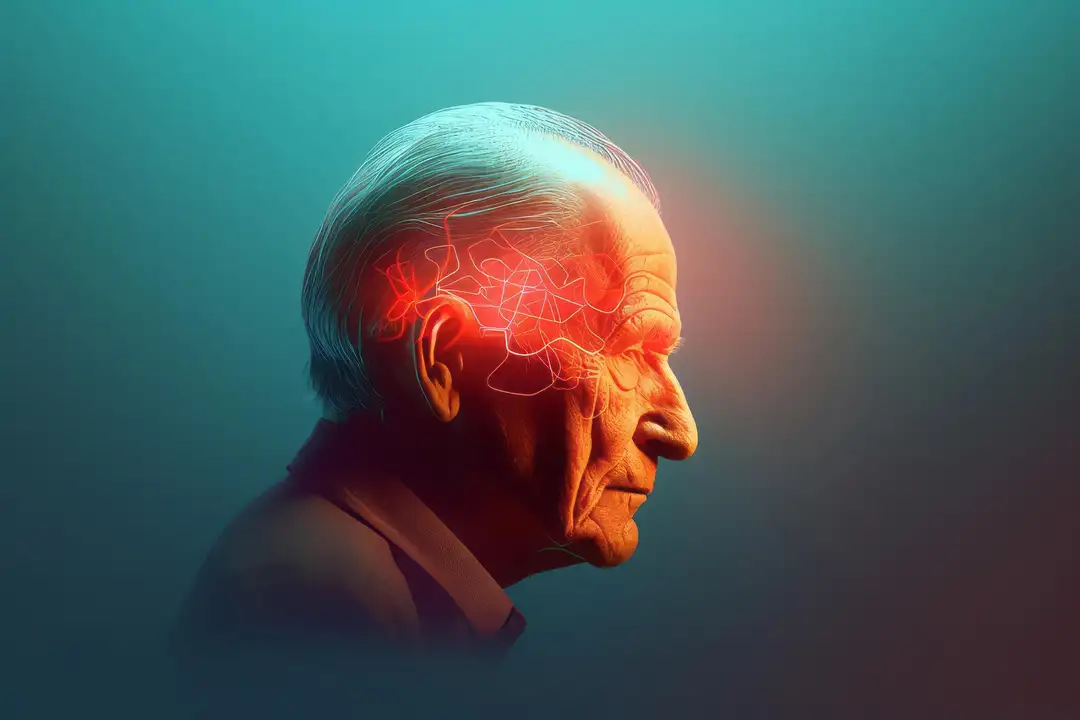
In a high-resolution study published in Nature Immunology, researchers employed affinity proteomics and flow cytometry to investigate immunological and proteomic alterations associated with long COVID in 165 participants across the UK and Sweden, including 95 individuals with persistent symptoms and 70 healthy convalescents.
Key findings
Neutralizing antibodies
Despite similar spike-specific IgG levels, long COVID individuals exhibited significantly lower neutralization titers (NT50), indicating a functional humoral deficit.
T-cell phenotype
SARS-CoV-2 nonspike-specific CD8⁺ T cells in long COVID expressed elevated levels of co-inhibitory receptors (PD-1, TIM-3), suggesting subtle exhaustion. These findings were more pronounced than those for spike-specific cells.
Immune cell composition
Overall lineage distributions were largely preserved, with mild increases in plasmacytoid dendritic cells (pDCs) and basophils in long COVID. No substantial alterations were observed in spike- or CMV/EBV-specific CD4⁺ and CD8⁺ T cells.
Plasma proteome
Breathlessness correlated with a proteomic signature enriched for apoptosis, platelet activation and NF-κB signaling. A core inflammatory module comprising CD40, CCL3, IL-18, IRAK1 and IKBKG was consistently upregulated in symptomatic individuals across cohorts.
Clinical implications
- Diagnosis: The identified soluble biomarker signature may serve as a non-invasive diagnostic panel for respiratory-dominant long COVID phenotypes.
- Therapeutic targets: The linkage between breathlessness and ceramide-FAS pathways, inflammatory caspases, and CD40 suggests that interventions modulating apoptosis and inflammation may have therapeutic potential.
- Immune profiling relevance: The absence of marked CD4⁺/CD8⁺ T-cell dysfunction suggests that immune exhaustion is confined to specific antigen exposures rather than generalized suppression.
Editorial note: This content was developed with the support of artificial intelligence technologies to optimize the writing and structuring of the information. All material was carefully reviewed, validated, and supplemented by human experts prior to publication, ensuring scientific accuracy and adherence to good editorial practices.
#LongCOVID #Immunology #PlasmaBiomarkers #CD8Tcells #Apoptosis
Sources
- Gao Y, Cai C, Adamo S, Biteus E, Kamal H, Dager L, et al. Identification of soluble biomarkers that associate with distinct manifestations of long COVID. Nat Immunol. 2025;26:692–705. doi:10.1038/s41590-025-02135-5.




